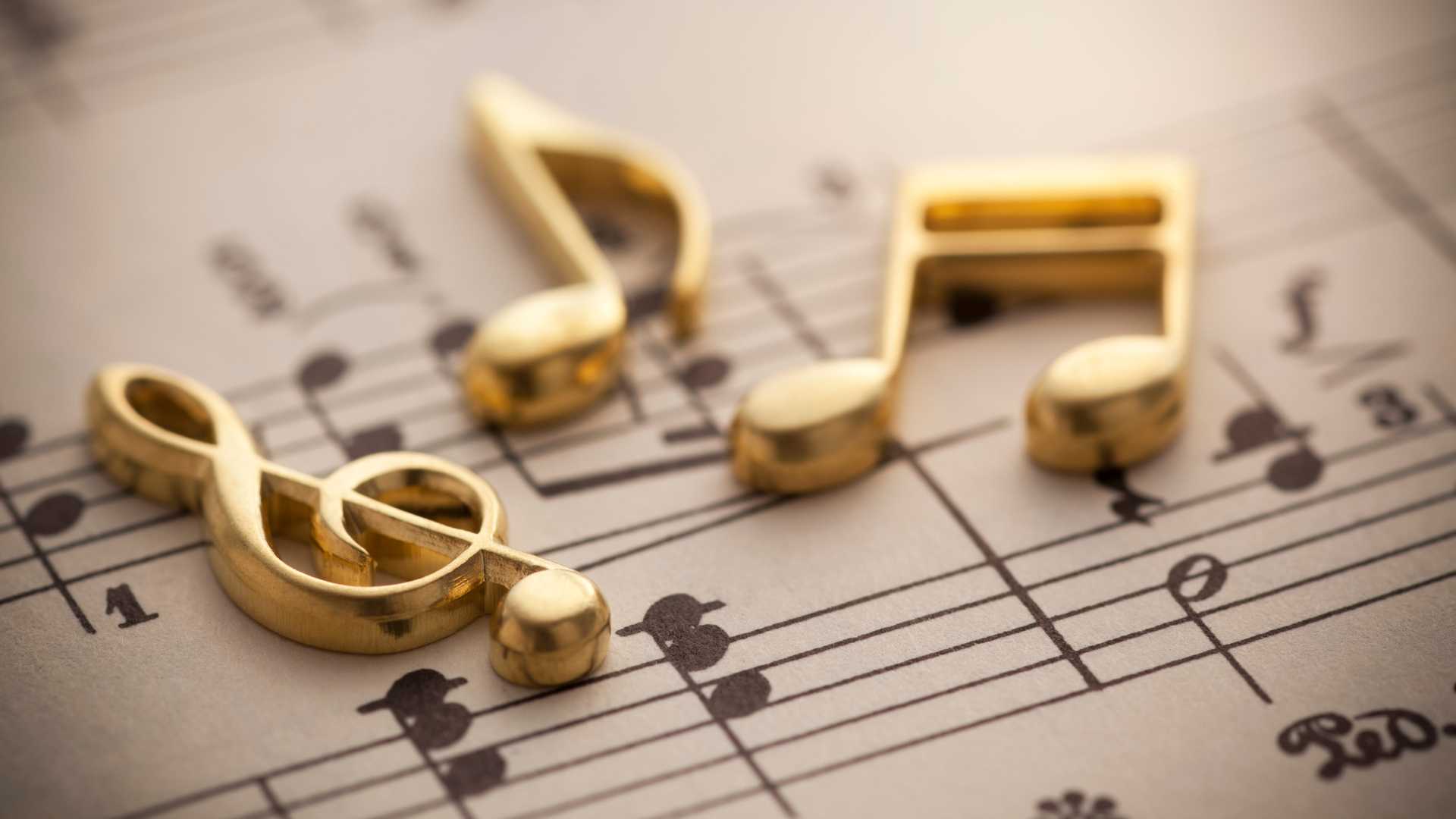3 Surprising Physical Impacts of Music
Listening to music isn't just an emotional experience - it can also have physical impacts on your body from reducing stress to improving brain function.


Every human society makes music. If you found an isolated group of people tomorrow, I bet my last penny that they would make music. This is despite the fact that music, unlike our basic behaviours of eating, mating and sleeping, confers no direct survival benefit. Yet we devote precious time, energy and resources to musical sounds. Why?
There are multiple theories for the evolution of human music. One is that it was driven by the powerful effect music has on our bodies. These body effects are all linked to the power of music on your brain. There is no music centre in the mind rather it activates multiple simultaneous brain regions.
This widespread activation– from the brain stem right up to the grey matter - is why love of music and musical skills can survive devastating brain damage and dementia. Let’s look at 3 ways that the music-brain interaction can change our physical state for the better. Music can guide, calm, and heal our bodies.
Table of contents:
- Music guides your body
- Music calms your body
- Music heals your body
- Take care with music
Music guides your body
It is well known that music can encourage movement in retail– fast paced music leads to significantly quicker movement around a space, for example. Why might this happen? The secret is the link between environmental rhythms and our mental-physical timing system.
Music synchronises our body via brain stimulation. It creates a time-lock whereby the motion within the music induces our body to take on related movement. Have you ever found yourself tapping your foot to a good beat without even realising it? This is one example of a music time-lock. As with faster movement around a shop, we do not have to be consciously aware of the effect for it to work on our bodies.
Therapists have capitalised on the music time-lock effect to develop care for Parkinson’s Disease. PD is a neurodegenerative disorder characterized by movement disruption (freezing, unsteady gait, tremors). Well evidenced rhythm-based music treatments (RAS) are an effective way to stabilise and regularise body movements thereby improving physical movement and coordination for those living with PD.
Music calms your body
I recently flew from Italy to Spain and for the first time I heard music on an aircraft. The music was played only during taxi, take-off and landing. It was at a pleasant low volume and featured soul-inspired rhythms and song. I am certain that this music helped calm both myself and my 3 year old son, especially during turbulence.
Music influences our body accelerator and brakes, collectively known as the autonomic nervous system. The ANS reacts to the environment in a way that either prepares you for action (fight or flight – for example, during aeroplane turbulence) or calms your body (for example, as you prepare for sleep).
The right kind of music is a proven way to positively impact ANS stress levels within our body by stabilising our heart rate, breathing rate, blood flow and cortisol levels.

Music heals your body
The statistics are undeniable. Music use in medical environments reduces use of pain and sedation medication, speeds healing, reduces trauma and hospital admissions. For example, one study found that music use amongst ventilated patients significantly reduced patient anxiety and saved $2000 in ICU costs per patient. These effects have been replicated in conditions as varied as root canal treatment , colonoscopy and heart surgery.
The mechanisms by which music cares for the body are complex and include those already mentioned; synchronising our body and calming our ANS. Music also distracts us from unpleasant internal and external signals, and instead promotes a focus on supportive sounds that can literally help to heal a broken heart.
Take care with music
These three physical impacts music are all full of promise but they also present a cautionary tale. Anything that has the power to positively influence our bodies must also have the power to do harm given the wrong circumstances. The application of music in any environment needs care, attention and evidence-based knowledge.
A poor choice of overbearing music can disrupt physical and mental processing, it can cause physical distress, startle responses, and even pain. By contrast, considerate music production can be calming, refreshing, welcoming and even healing. Investment in curated music is a sound strategy for improving the impact of spaces on clients.




